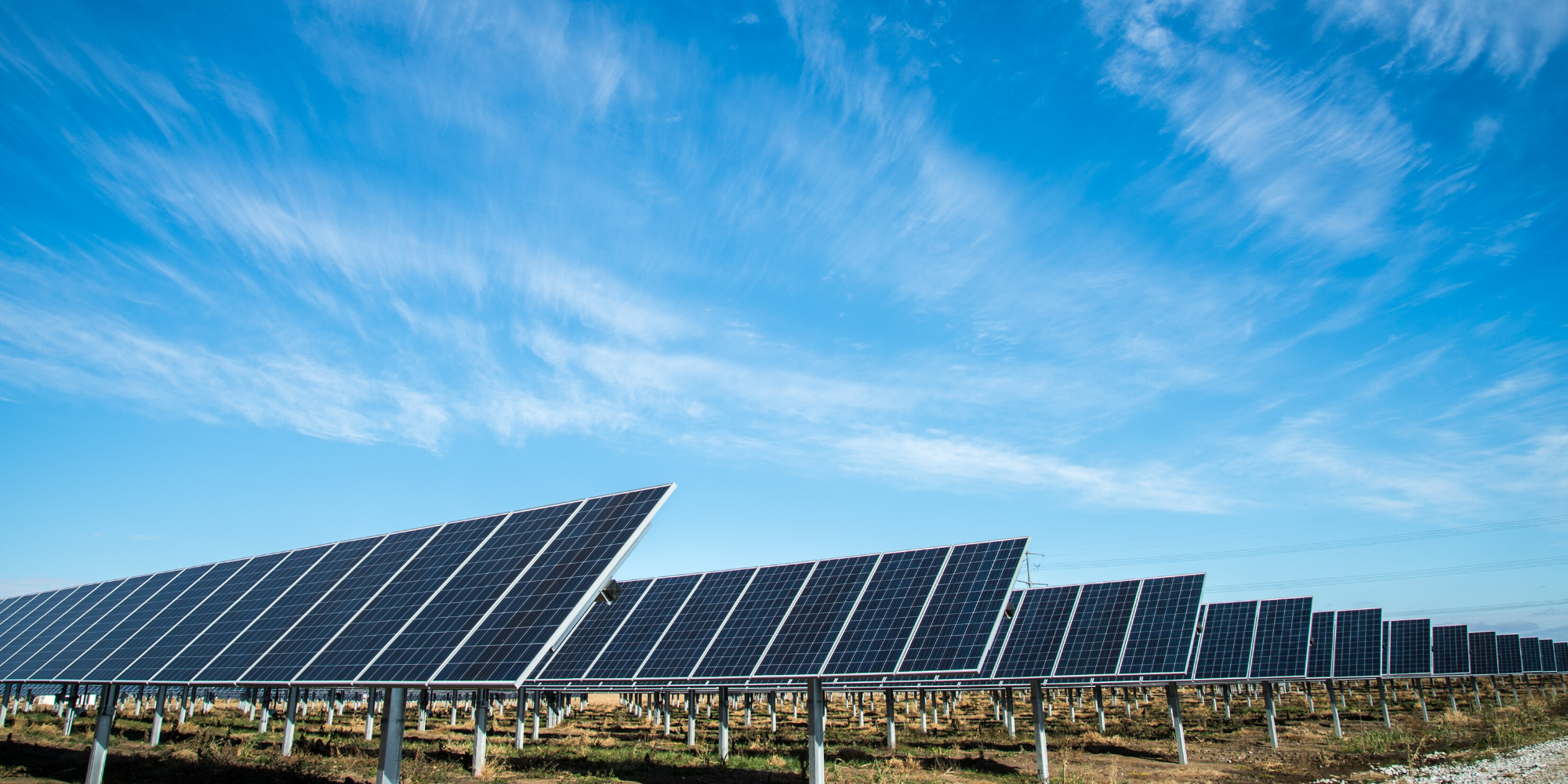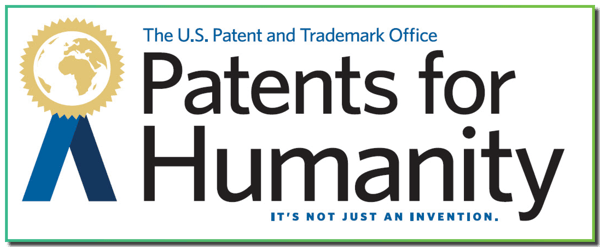Patents for Humanity is the USPTO awards competition recognizing inventors and innovators who develop game-changing technology to meet global humanitarian challenges. With the application deadline quickly approaching, we take a look at some of the past award recipients and celebrate their impact on society today.
Applications compete in five categories relating to medicine, nutrition, sanitation, energy, and living standards. Submissions are evaluated on the effectiveness of their technology to address humanitarian issues, the contributions made by applicants to increase usage of their invention, and the impact of those contributions to daily life improvement.
A pilot awards program was conducted in 2013. It gave ten awards and six honorable mentions to businesses, universities, and nonprofits using patented technology to aid the less fortunate. Awards were also held in April 2015, September 2016, and August 2018.
Here are some highlights from the last few awards ceremonies.
2013 Award Winners
- Gilead Sciences won in the Medical category for making HIV drugs available to the world's poor through a network of generics manufacturers in Asia and Africa. Since 2013, Gilead Sciences has issued 276 patents, primarily related to pharmaceuticals and health sciences.
- Procter & Gamble won in the Clean Technology category for distributing small chemical packets that remove impurities and contaminants from drinking water. These packets have purified nearly 5 billion liters of water worldwide. As a multinational consumer goods corporation, Proctor & Gamble has issued over 2,200 patents since, with most relating to organic chemistry.
- Sproxil, Inc won in the Information Technology category for creating a system that identifies counterfeit drugs with an ordinary cell phone in sub-Saharan Africa. Sproxil is an American technology company that builds trust across supply chains with solutions that emphasize direct engagement. It currently has only two disposed applications at the USPTO, both related to Systems and Methods for Verifying Authenticity of a Product.
2015 Award Winners
- Sanofi won in the Medicine category for supplying large quantities of anti-malarial compounds on an at-cost basis for use in developing countries. Since 2015, Sanofi has issued 279 patents, mostly related to body treatment, kinesitherapy, and exercising.
- American Standard won in the Sanitation category for distributing 700,000 “SaTo” safe toilet latrine pans to communities in Africa and Southeast Asia. The pans have an air-tight seal that reduces odors and prevents insects from entering and exiting the pit, eliminating a primary route of disease transmission. American Standard is a leading North American plumbing and building products manufacturer. It has three issued patents, all related to “Thermally And Electrically Conductive Interfaces.”
- Golden Rice won in the Nutrition category for creating vitamin-A enriched strains of rice to prevent thousands of cases of blindness and death each day in people who subsist primarily on rice. The Golden Rice Project is the result of an initiative by the Rockefeller Foundation and is based on a widely recognized need for a sustainable approach to alleviating micronutrient deficiencies worldwide.
2016 Award Winners
- Global Good Fund at Intellectual Ventures won in the Medicine category for creating a passive cooler that can keep vaccines cold over 30 days and donating dozens of units to the fight against Ebola and other relief efforts. Funded by Bill Gates, Global Good invents technology to solve some of humanity's most daunting challenges. Since 2017, Intellectual Ventures has issued 116 patents, and their inventions run the gamut (signal processing, computerized vehicles, semiconductors, you name it!)
- GestVision, Inc won in the Medicine category for developing a quick, simple diagnostic test for preeclampsia, a potentially life-threatening pregnancy complication, for use in developing regions. GestVision is a biotechnology company that is committed to securing safer pregnancies by fearlessly challenging the status quo for women’s health. It currently has one patent pending, an “invention relat[ing] to diagnostic devices…[that] detects proteins of interest associated with diseases or disorders in mammals”.
- The U.S. Food & Drug Administration won in the Medicine category for developing an improved meningitis vaccine production process that’s been used to immunize 235 million people in high-risk Africa countries.
2018 Award Winners
- Little Sparrows Technologies won in the Medicine category for creating a portable low-cost phototherapy device for treating jaundice in infants, which causes 100,000 newborn deaths a year. This is the one application from Little Sparrows! The patent was issued in March 2017.
- Russell Crawford won in the Sanitation category for creating tools for low-cost drilling of water wells to reach deep aquifers free from soil contaminants. Russell is a successful inventor who holds 4 patents, with several pending. His focus is to supply water to those in need.
- Solight Design won in the Energy category for designing a portable solar light that has been distributed to over 200,000 people worldwide including many in refugee camps. Solight Design creates beautiful products that allow consumers to live a more sustainable, healthier lifestyle. The company has one issued patent and one pending application, both relating to “Solar Thermal Collectors And Thin Plate Heat Exchangers For Solar Applications.”
To learn more about the program, visit the website. Applications for this year’s competition are due January 30, 2020.
Do you work for a firm trying to support culturally and socially impactful technologies, such as those commended by the Patents for Humanity program? Identifying emerging tech is imperative to understand the patent landscape in a certain industry. To see how Juristat Platform can help you identify tech that aligns well with the priorities of your firm, sign up for a demo today.
(gradient).webp)


